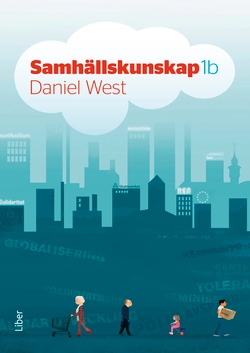

Here comes everybody : the power of organizing without organizations
- Utgiven: 2009
- ISBN: 9780143114949
- Sidor: 352 st
- Förlag: Penguin Books
- Format: Häftad
- Språk: Engelska
Om boken
Åtkomstkoder och digitalt tilläggsmaterial garanteras inte med begagnade böcker
Mer om Here comes everybody : the power of organizing without organizations (2009)
2009 släpptes boken Here comes everybody : the power of organizing without organizations skriven av Clay Shirky. Den är skriven på engelska och består av 352 sidor. Förlaget bakom boken är Penguin Books.
Köp boken Here comes everybody : the power of organizing without organizations på Studentapan och spara uppåt 47% jämfört med lägsta nypris hos bokhandeln.
Referera till Here comes everybody : the power of organizing without organizations
Harvard
Oxford
APA
Vancouver











![Perception and imaging [Elektronisk resurs] photography a way of seeing; Richard D. Zakia; 2013](/images/format:webp/size:256:0/quality:100/asset/book-cover/perception-and-imaging-elektronisk-resurs-photography-a-way-of-seeing-9780240824536)







